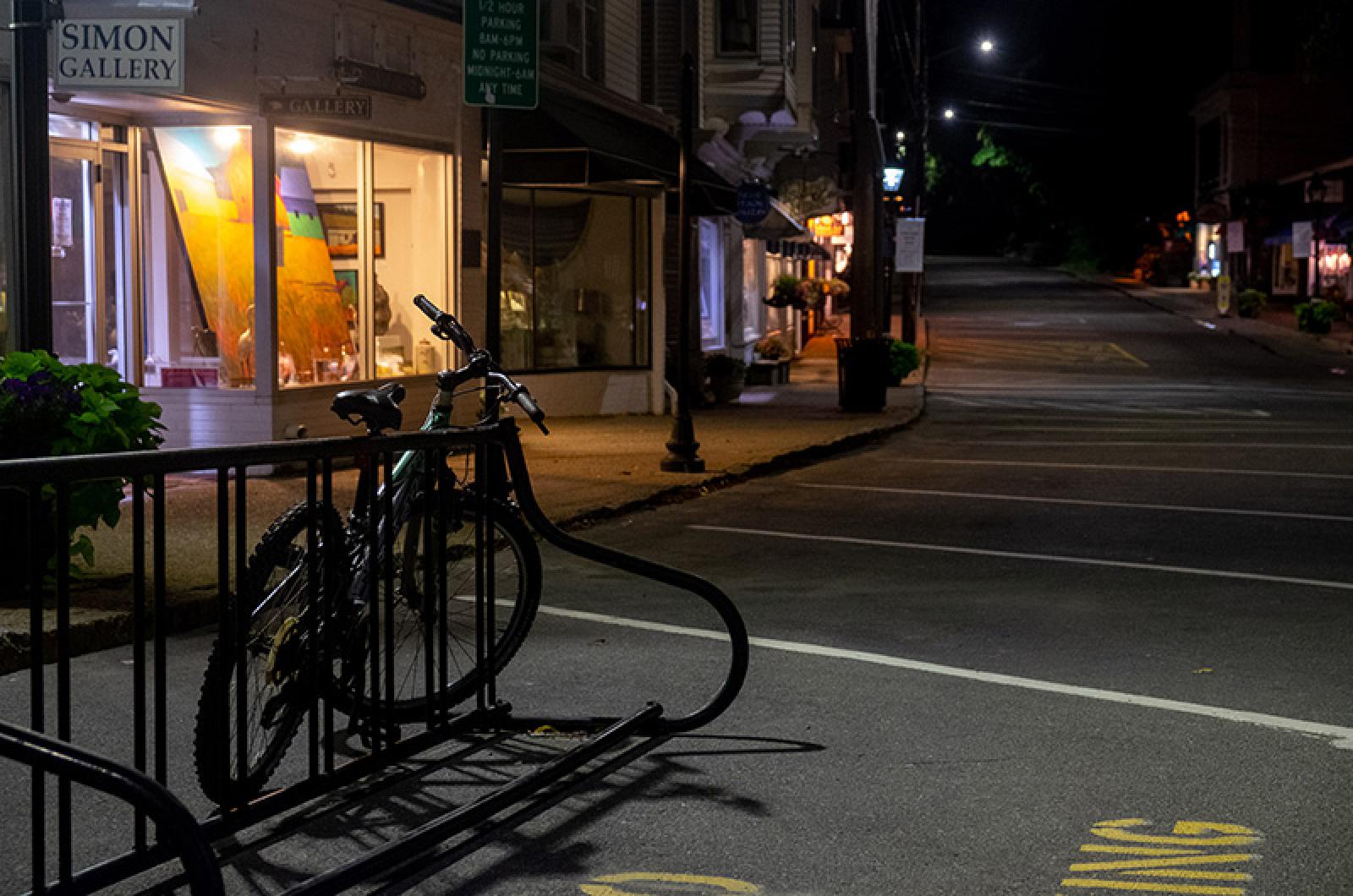The coming week offers all of us an opportune time to go hunting for shooting stars. There are two meteor showers that color the night sky in early August, the Delta Aquarids which peaked on July 28 and the Perseid shower that peaks on the weekend of August 11 and 12. Though these two showers are on different days, the meteors don’t know that. You might see either one of them on any night.
Meteors are fast moving pieces of space debris burning up in our atmosphere at night. Meteors are hitting our atmosphere all the time, but you can only see the ones at night. The particles are smaller than a dime. Still they are brilliant to see.
In the week ahead, you’ll even see the faintest of meteors. The moon’s brilliance will not interfere. Amateur astronomers are looking forward to the shower next weekend especially for that reason.
The best meteors to see are the ones you see. And really, it can happen any night and at any hour in the weeks ahead. The Perseid meteor shower is the year’s most popular because it comes at a convenient summer time. More people are outside enjoying seeing shooting stars now than at any other time of year which makes the Perseid the most popular.
It is reported that in ideal viewing conditions, one may see as many as 50 meteors in an hour. We’ve never seen that many but we’ve seen plenty and that makes the shower so enjoyable.
| Day | Sunrise | Sunset |
|---|---|---|
| Fri., August 3 | 5:37 | 7:57 |
| Sat., August 4 | 5:38 | 7:56 |
| Sun., August 5 | 5:39 | 7:55 |
| Mon., August 6 | 5:40 | 7:53 |
| Tues., August 7 | 5:41 | 7:52 |
| Wed., August 8 | 5:42 | 7:51 |
| Thurs., August 9 | 5:43 | 7:50 |
| Fri., August 10 | 5:44 | 7:48 |
| Day | Max (Fº) | Min (Fº) | Inches |
|---|---|---|---|
| July 27 | 80 | 70 | 0.00 |
| July 28 | 83 | 68 | 0.02 |
| July 29 | 81 | 68 | 0.38 |
| July 30 | 82 | 65 | 0.00 |
| July 31 | 83 | 66 | 0.00 |
| August 1 | 80 | 66 | 0.00 |
| August 2 | 80 | 71 | 0.00 |




Comments
Comment policy »